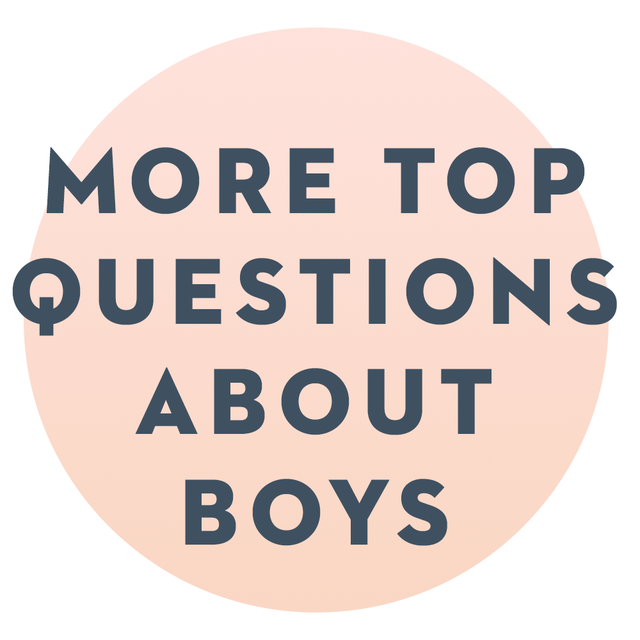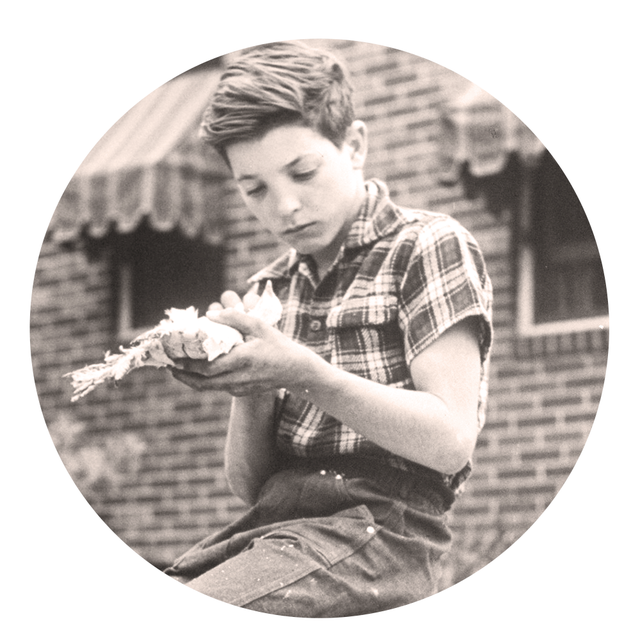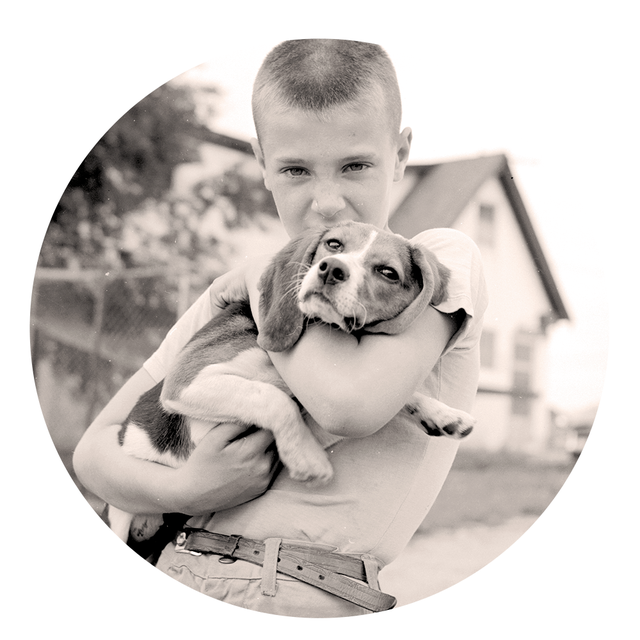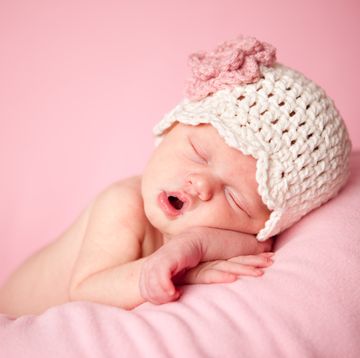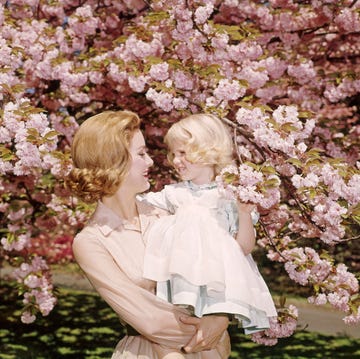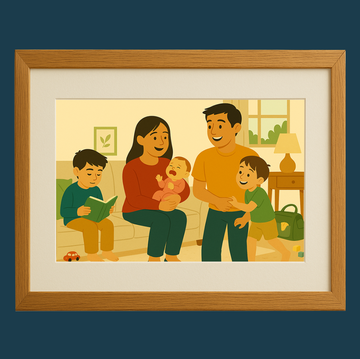My son loves to play with toy guns, and if they’re not available, he'll turn anything on-hand into a weapon. Does this mean he's going to be violent in the future? And will taking away the toy guns make him stop this behavior?
Now that I’m raising my first son after two girls, I've seen with my own eyes how natural it seems for him to use “shooters” (his word for guns or objects he turns into guns) while he runs happily around the house. Before actually parenting a son, I had this fantasy that he wouldn't pick up this habit because his two big sisters don’t play that way. Another time I was wrong!
Although the reasons can be debated, there's no doubt boys tend toward more aggressive play than girls. In our current climate of increasing gun violence, watching them play like that can be alarming for our generation of parents.
The great part of play, though, is that it's really just play most of the time. Research shows that there is no evidence that kids who play with guns are more aggressive, and there is even some evidence that kids who use aggression in their play are actually better at calming themselves down in real-life situations.
Kids are resourceful and creative, so even taking away the toy guns will probably just result in your son creating a makeshift gun from anything else he can find. If you see your son acting aggressively when he’s not playing, though, or threatening to shoot people when angry, you should sit with him and talk about the difference between real and pretend, which he may have trouble with depending on his age.
Also, pay attention to what he may be watching on TV or online. Research does show a link between violent media and aggressive behavior, much more so than playing with guns. If you're concerned that your son’s play is too aggressive, steering him towards shows without fighting is likely more effective than taking away toy guns.


